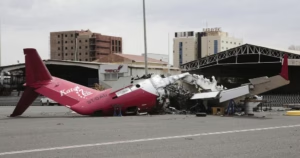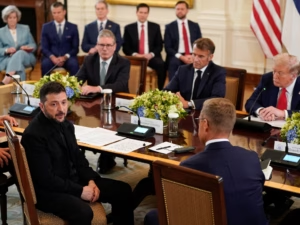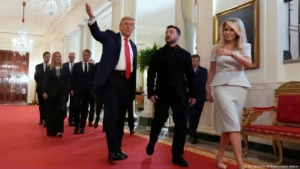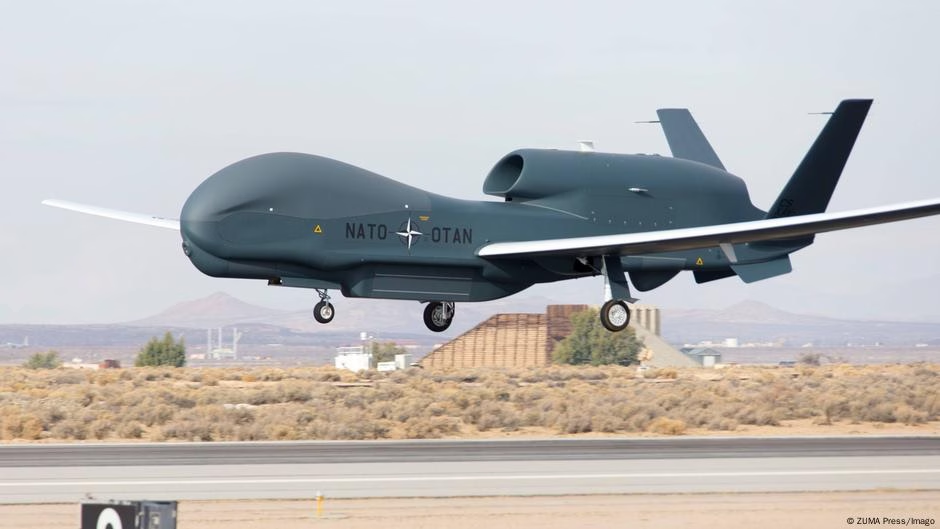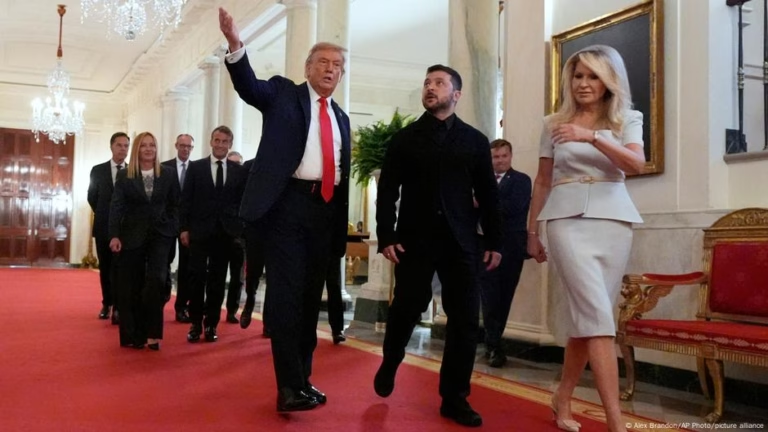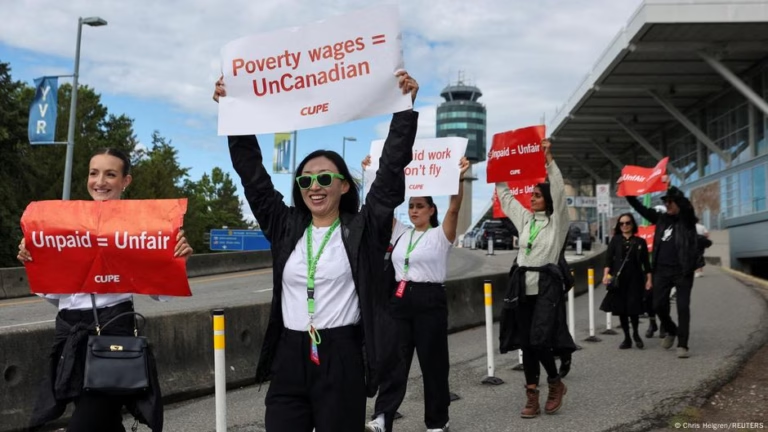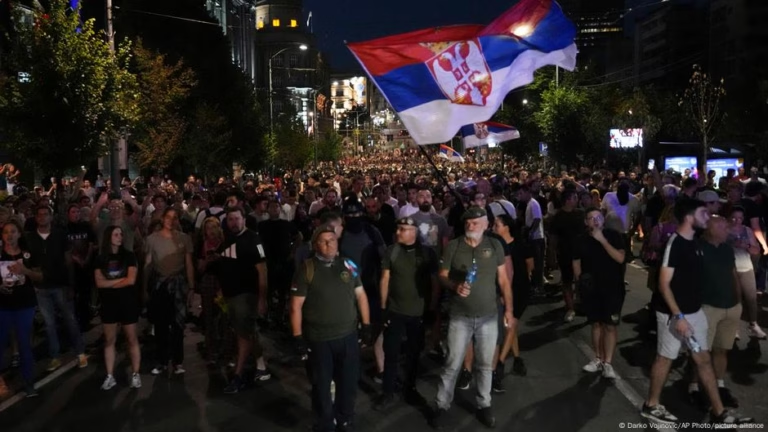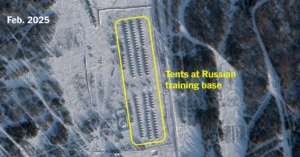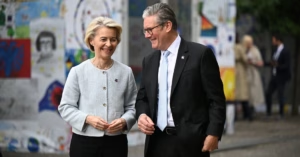Recent developments have shed light on an ongoing corruption investigation within the NATO Support and Procurement Agency (NSPA), leading to a total of five detentions — two in Belgium and three in the Netherlands. The Belgian public prosecutor initially reported these detentions, citing “possible irregularities” in contracts for ammunition and drones awarded to NATO.
According to Belgian authorities, NSPA employees or former employees may have leaked information to defense contractors, with indications that the illicit gains could have been laundered through consultancy firms. shortly after, Dutch authorities announced the arrest of three individuals, including a 58-year-old former Defense Ministry official involved in international procurement contracts.
The investigation has also expanded to Luxembourg, where documents were seized, and further reaches into Italy, Spain, and the United States, coordinated by the EU justice agency Eurojust. At a recent NATO meeting in Antalya, Turkey, NATO Secretary-General Mark Rutte stated that it was the agency itself that instigated these inquiries, emphasizing the agency’s commitment to uncover the truth.
Headquartered in Luxembourg, with a staff exceeding 1,500 people, the NSPA provides logistics support for NATO operations and negotiates defense contracts on behalf of member states. Such joint procurement aims to save national governments money by efficiently bundling demand, with the agency operating on a “no-loss, no-profit” basis. Noteworthy is a nearly $700-million contract for Stinger anti-aircraft missiles signed by the NSPA last year for several member states.
For defense expert Francesca Grandi of Transparency International, the ongoing NATO probe underscores the critical importance of transparency in public spending, especially in the defense sector, which is inherently vulnerable to corruption due to the highly confidential nature of government contracts, large sums of money involved, and the complex negotiations.
The timing of these revelations is particularly inconvenient for NATO, as member countries are in the midst of a significant defense spending increase, fueled by concerns over Russia’s ongoing conflict with Ukraine. A planned NATO summit is set to see countries commit to spending at least 3.5% of their gross domestic product on defense, a significant increase from the current 2% target.
The European Union is also preparing a major defense spending increase, with the European Commission planning to borrow €150 billion to support this endeavor among its 27 member states. This influx of funding could lead to heightened scrutiny over corruption risks in the defense sector, with lobbying by the defense industry also on the rise, raising concerns about transparency and oversight.
Despite these significant challenges, Grandi advises that without robust transparency and oversight mechanisms, there is a risk of creating a defense architecture that fails to ensure citizens’ security, wastes money, and invites abuse of power and undue influence. The situation calls for vigilance and robust oversight mechanisms to safeguard against such risks in an ever-evolving landscape of security and defense spending.
Source: https://www.dw.com/en/nato-corruption-probe-reminder-of-defense-boom-risks/a-72562793?maca=en-rss-en-all-1573-rdf
